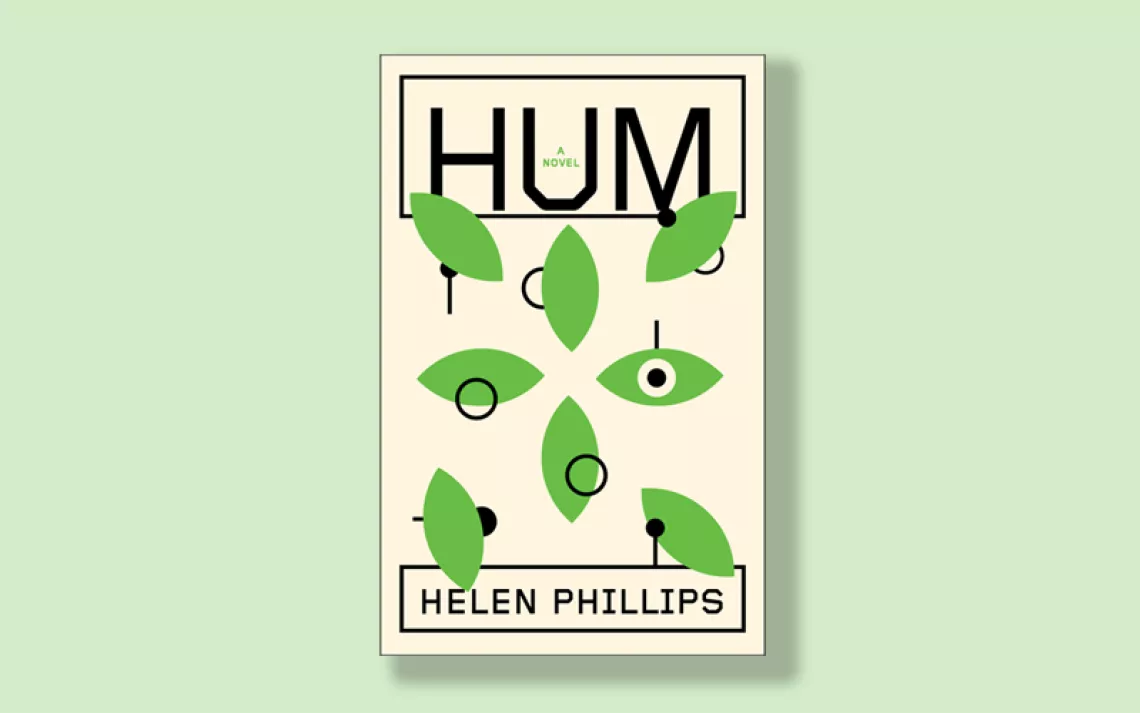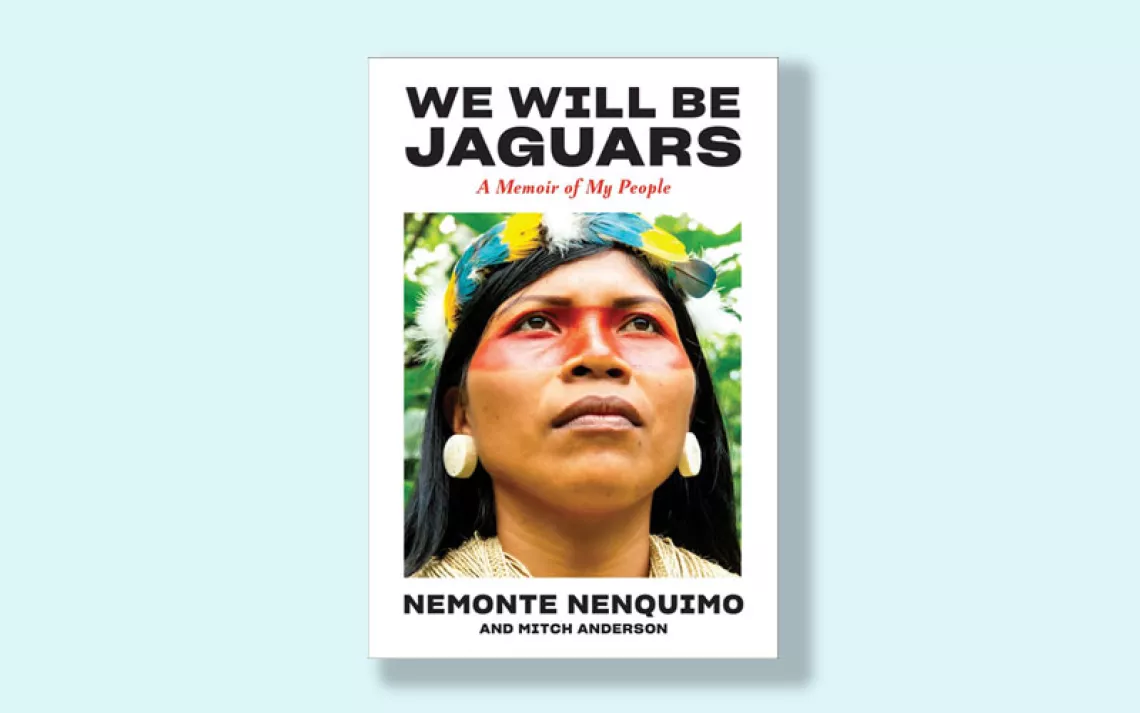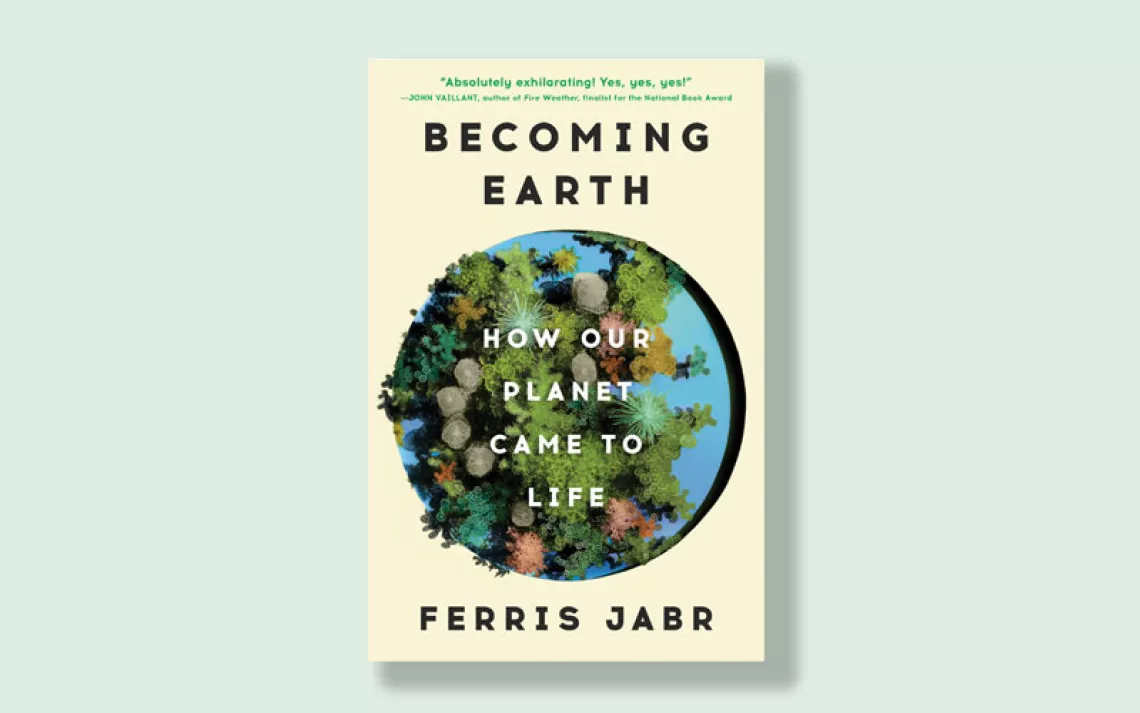Time in Nature: Doctor Recommended
Time in nature is good for body, mind, and spirit.

Recently my family took a camping trip to the desert, and when we got home, we all agreed on the best part of the experience: the pure silence. Without even the whir of electricity in the background, the mind goes still—then it comes alive.
Such anecdotal evidence about the benefits of spending time outdoors is confirmed in Florence Williams's investigation into the science of what nature does for humans. The Nature Fix: Why Nature Makes Us Happier, Healthier, and More Creative (W.W. Norton & Co., 2017) highlights measurable improvements in blood pressure and stress levels when people take time to be amid natural settings. Williams travels the world learning from researchers about how this works. Is it the quiet? The aromas of forests? The slower pace? Each theory comes with its own compelling evidence.
When Williams moves from Colorado to Washington, D.C., she has to work harder to get outdoors. She learns that even in cities there are ways to find a bit of green. Connecting to the earth doesn't have to be shinrin-yoku—the Japanese term for using all five senses during an immersive nature experience. It can be as simple as taking a short walk in the woods. New research reveals that, for the technology-obsessed Korean teen as well as the deeply depressed, winter-bound Scandinavian, time in nature balances brain chemistry, resulting in restorative effects.
Nature isn't a panacea for everyone—about 15 to 20 percent of test subjects don't respond, no matter the conditions. But for the rest of us, it's a real balm. Feeling a little off inside? Your mind and body might be telling you it's time to get outside.
This article appeared in the March/April 2017 edition with the headline "Nature Rx."
 The Magazine of The Sierra Club
The Magazine of The Sierra Club



